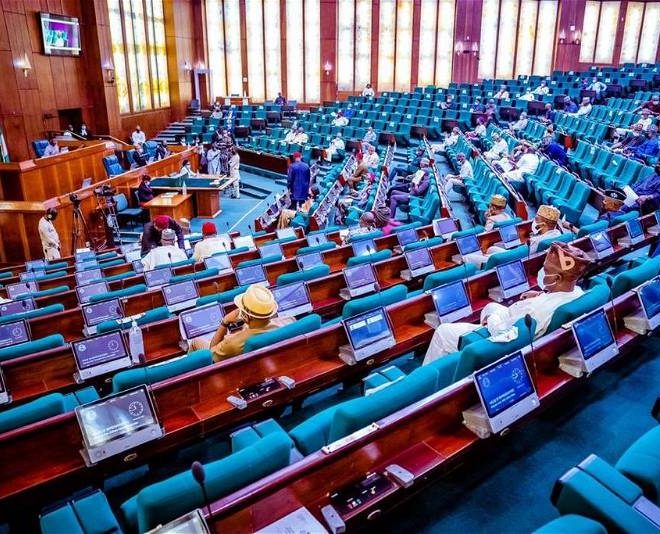
This, the Reps noted, will ease the difficulties associated with the current session-based system.
The resolution of the House followed the adoption of a motion moved by Taura Sa’ad, a member of the All Progressives Congress representing Ringim/Taura Federal Constituency, Katsina State.
Leading the debate on the motion titled, “Call on Nigerian universities and tertiary institutions to adopt a semester–based school fee payment system,” Sa’ad noted on behalf of the House that there’s a high demand for cost-effective and efficient education financing models in tertiary institutions across the country.
“The House notes that the current annual school fee payment system in Nigeria presents financial challenges for students and families given the recent subsidy removal and single-window forex policy,” adding that the House is “Aware of the anticipated benefits of adopting a semester-based school fee payment system for tertiary institutions,” he said.
The lawmaker further maintained that international universities, “Including the University of California and the University of Sydney, recently implemented semester-based fee payment systems to maximize financial convenience and reduce the strain on students and parents.”
He stressed that the House “recognises that adopting the payment system can minimise the financial strain on students, improve access to higher education, and create a more transparent financial structure for institutions.”
Subsequently, the lawmakers urged tertiary Institutions to adopt a semester-based school fee payment system and also directed the Federal Ministry of Education “to work closely with institutions and stakeholders in the education sector to provide the necessary support for adopting the school fee payment system.”
They further mandated the Committees on University Education, Polytechnics and Higher Technical Education, and Federal Colleges of Education “to investigate the viability of adopting a semester-based school fee payment system while considering the specific needs and circumstances of each institution and report back within four weeks for further legislative action.”














